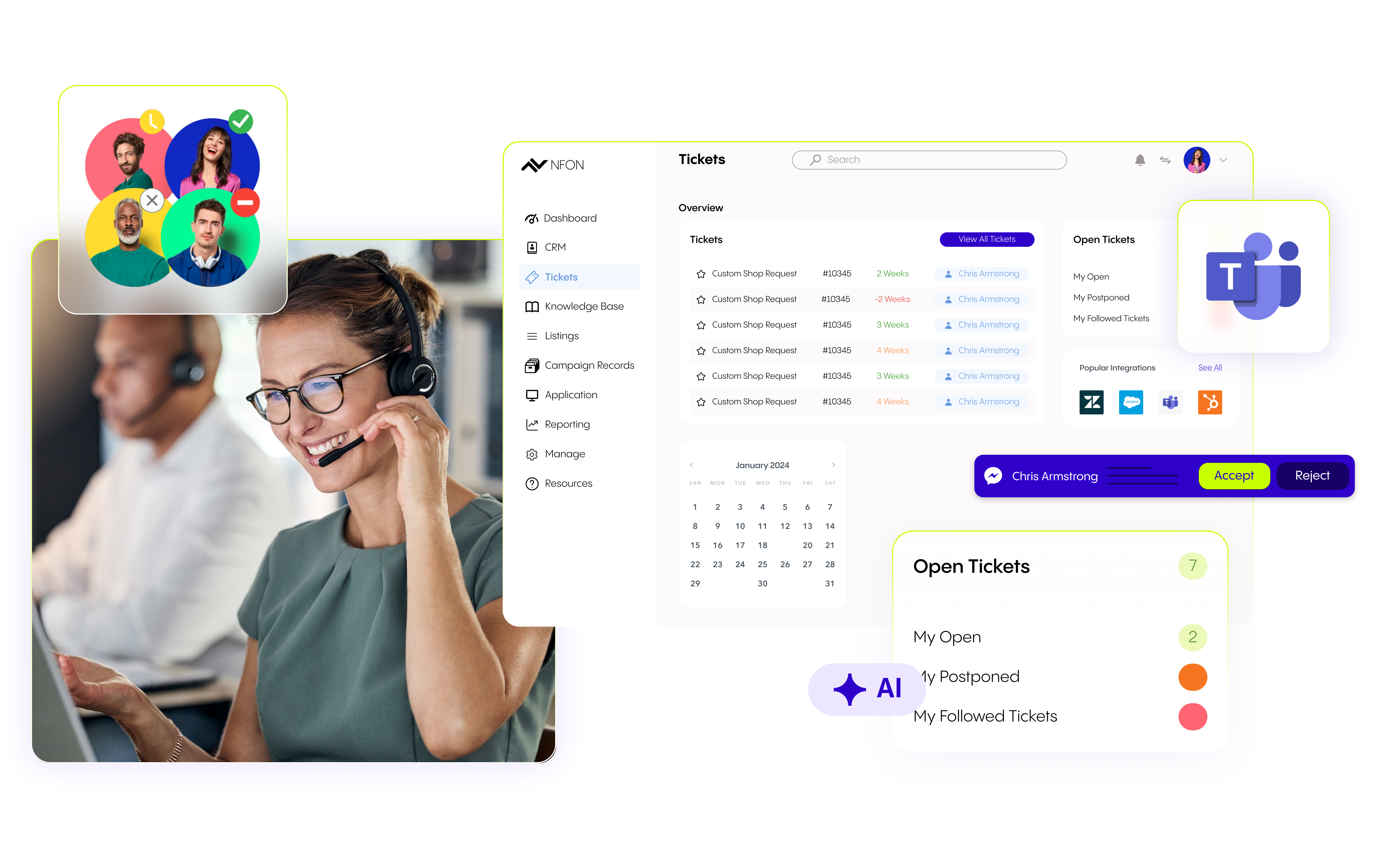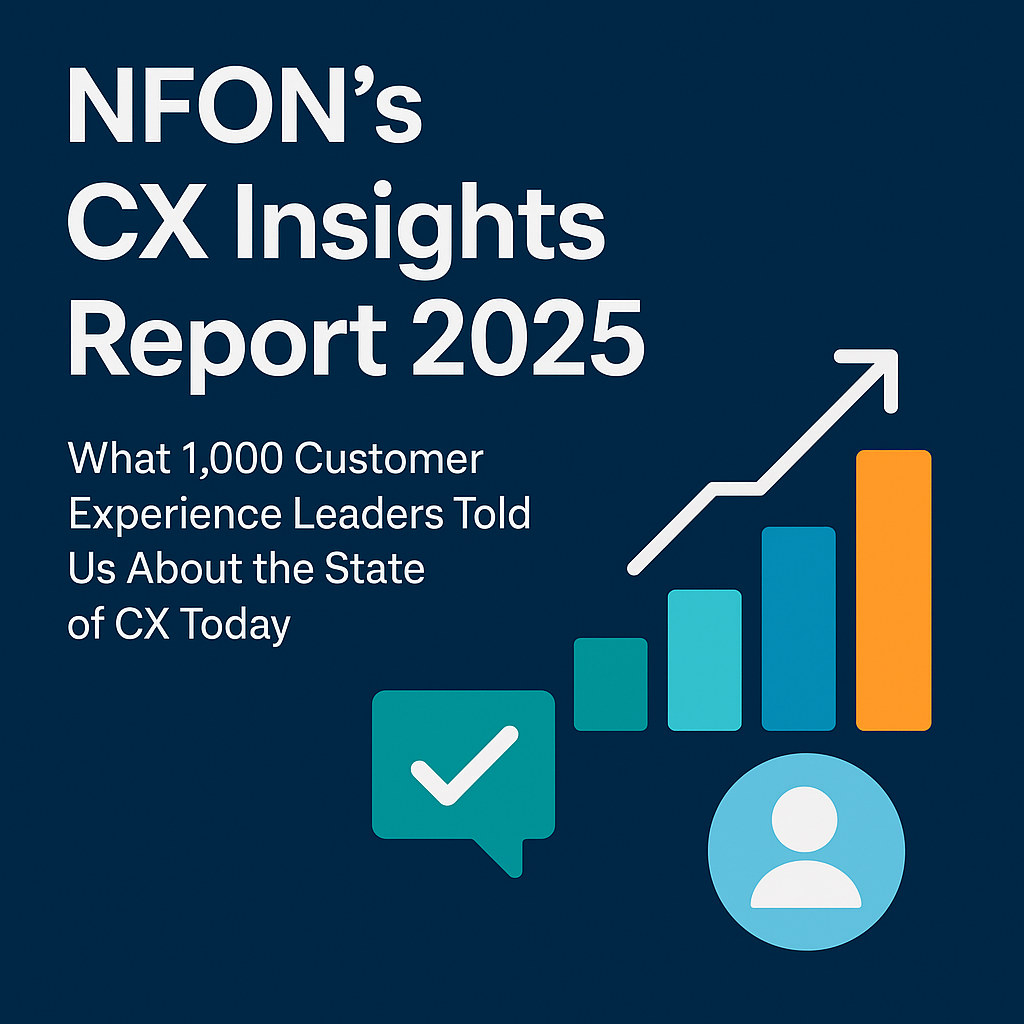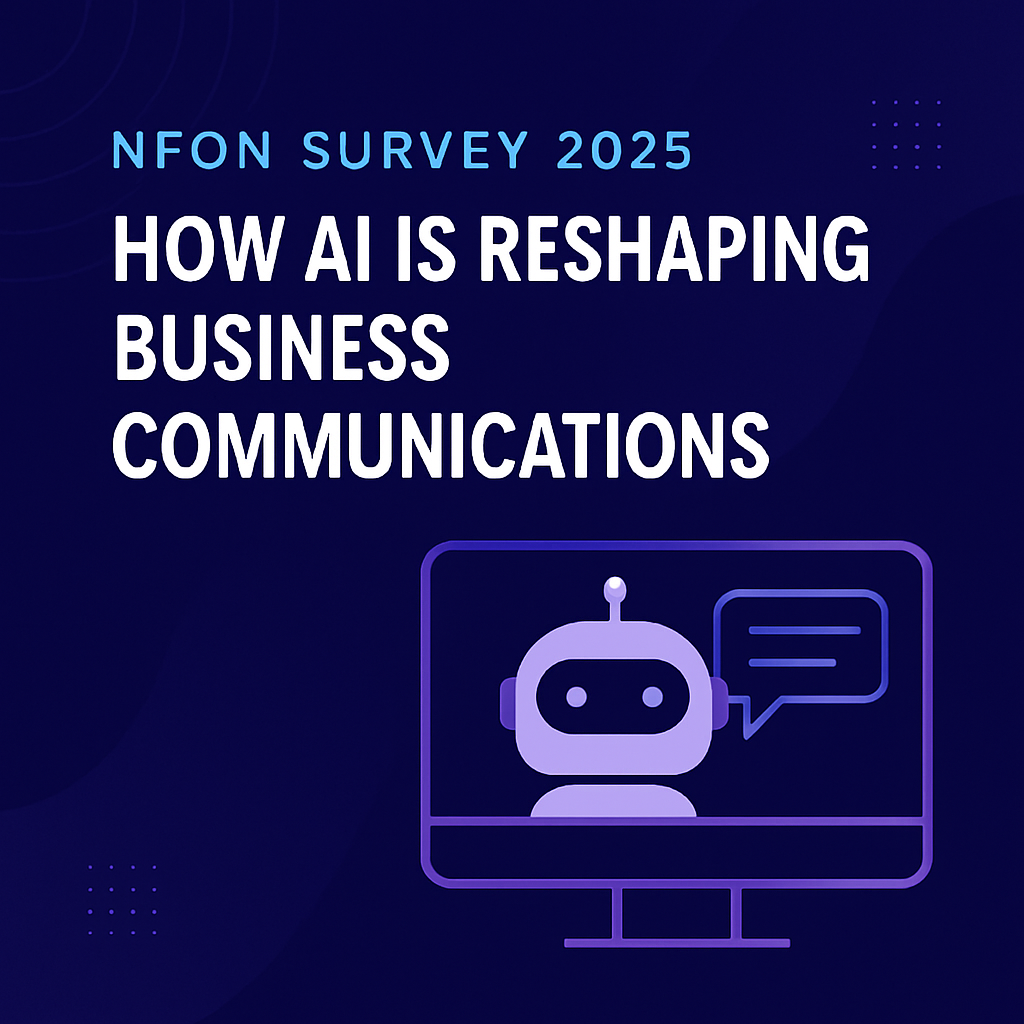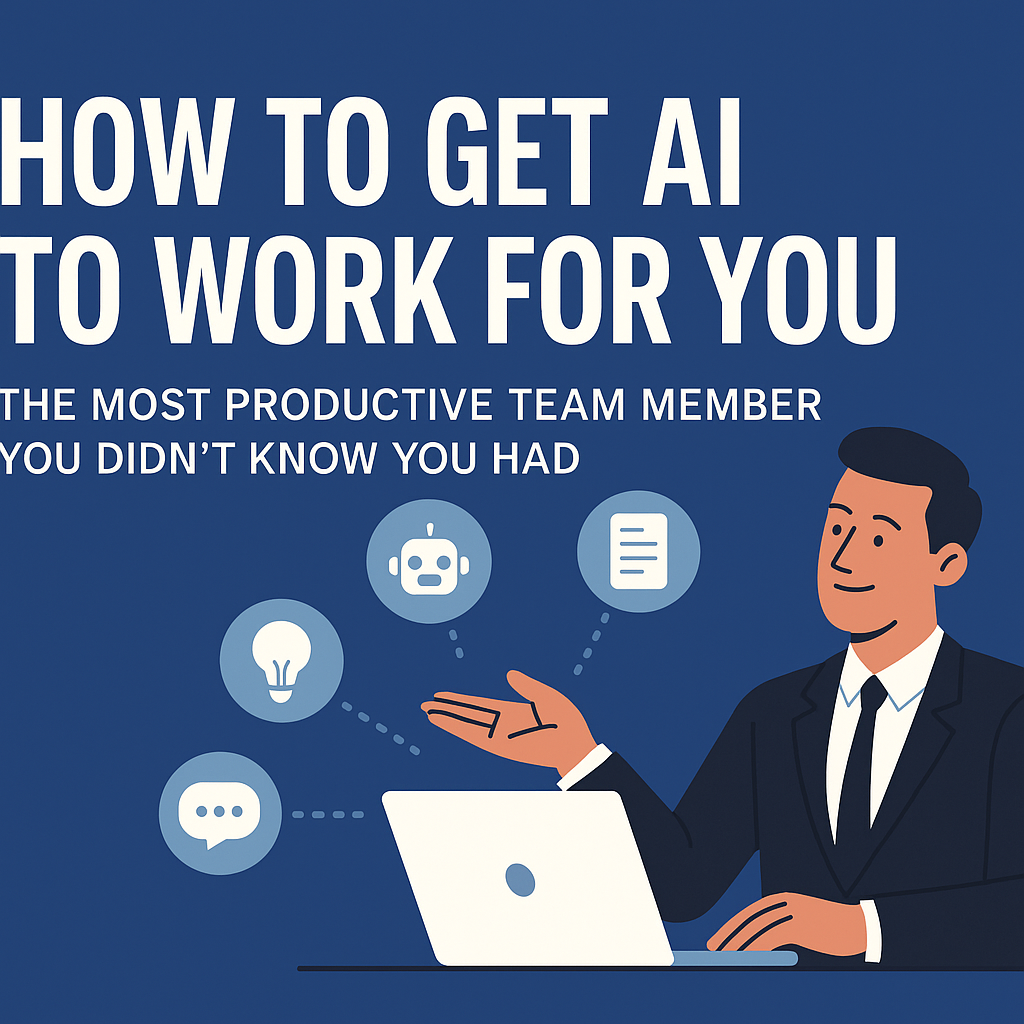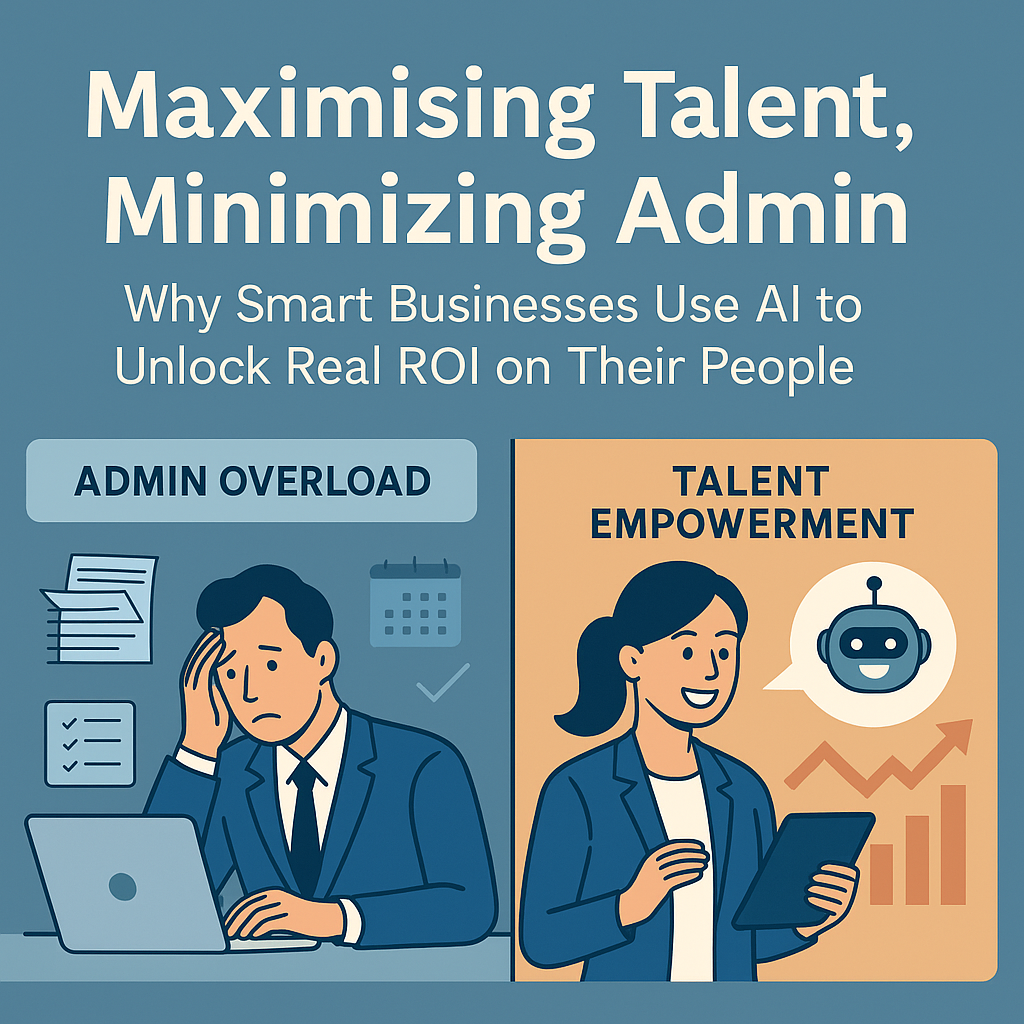Approx reading time: 8 min 27 secs
This is Part 3 of our series on digital marketing tools. You can check out the other parts below:
Introduction: Setting the Stage: Enhancing Marketing Efficiency with Smart Tools
Part 1: Revolutionising Marketing Automation – Smarter Strategies for Better Results
Part 2: The Art of Visual Storytelling – How Design Tools Shape Marketing
Part 3: Data-Driven Decisions – Analytics for Marketing Precision
Part 4: Personalising Audience Engagement – The Role of Email Marketing Tools
Synthesising Success: Integrating Tools for Optimal Marketing Efficiency
Introduction
Analytics in marketing is no longer a luxury—it's a necessity. As we delve into the world of marketing analytics, we're not just talking about crunching numbers or drowning in data. We're exploring a strategic compass that guides decisions with precision and efficiency, turning the vast sea of digital information into actionable insights.
This blog aims to demystify the capabilities of analytics tools, shining a light on how artificial intelligence (AI) technologies are improving them.
From understanding customer behaviours to predicting trends, AI-enhanced analytics tools empower marketers to make informed, strategic decisions. Whether you're a seasoned marketer or new to the digital realm, this exploration into analytics will equip you with the knowledge you need to utilise technology to create impactful marketing strategies.
The Role of Analytics in Marketing
The journey of marketing analytics from its humble beginnings to the sophisticated, AI-driven powerhouse it is today mirrors the evolution of digital marketing itself. In the early days, analytics was about understanding basic metrics like clicks and impressions. It was a simpler time when marketers relied on spreadsheets and basic software to glean insights from their data.
Fast forward to today and AI has entered the arena, turning basic data analysis into a dynamic tool capable of predictive analytics, deep customer insights, and personalised marketing strategies.
The importance of analytics in today's digital marketing cannot be overstated. In an era where data is king, analytics serve as the queen, enabling marketers to decode complex consumer behaviours, optimise campaigns in real-time, and forecast trends with remarkable accuracy.
This isn't just about having numbers to back up strategies; it's about understanding the story behind those numbers. Analytics provide a detailed understanding of the market, revealing not just what is happening but why it's happening. This depth of insight is crucial for making strategic decisions that drive success in the digital marketplace. It's what separates the leaders from the followers.
Key Advantages of Analytics Tools
Real-Time Insights
Analytics tools can help marketers cut through the noise, offering you a live feed of data that reflects current behaviours and market trends. This immediacy is invaluable for making quick, informed decisions—whether it's tweaking a live campaign to improve performance or capitalising on a sudden market opportunity. The ability to react quickly to real-time data ensures that marketing strategies remain relevant and effective, maximising ROI and enhancing customer engagement.
Customer Journey Mapping
The customer journey today is more complex than ever, weaving through multiple channels and touchpoints. Analytics tools offer a bird's-eye view of this journey, providing deep insights into customer behaviour and preferences at each stage. By understanding the nuances of the customer journey, marketers can design strategies that engage consumers more effectively, guiding them smoothly from awareness to purchase. This detailed mapping enables the creation of targeted interventions that resonate with potential customers, improving conversion rates and fostering brand loyalty.
Segmentation and Personalisation
At the heart of effective marketing is the ability to deliver the right message to the right person at the right time. Analytics tools play a pivotal role in enabling precise market segmentation and personalised marketing efforts. By sifting through vast datasets, these tools identify distinct customer segments based on demographics, behaviour, and preferences. This segmentation allows for highly personalised marketing strategies that speak directly to the needs and interests of different groups, significantly enhancing engagement and response rates. Personalisation, powered by analytics, transforms generic messaging into tailored conversations, elevating the customer experience.
The strategic application of analytics tools in these areas enhances marketing efficiency and elevates campaign efficiency. By leveraging real-time insights, understanding the customer journey in depth, and personalising marketing efforts, businesses can achieve a competitive edge in the digital landscape. As we continue to explore the transformative impact of AI on these tools, it becomes clear that the future of marketing lies in the intelligent use of data to inform every decision, strategy, and interaction.
Empowering Marketing with AI and Analytics
AI-Driven Predictive Analytics
Predictive analytics powered by AI transforms raw data into valuable insights, forecasting future trends and customer behaviours with remarkable accuracy. This allows marketers to stay ahead of the curve, making strategic decisions that align with anticipated market movements and preferences. By analysing historical data, AI algorithms can identify patterns and predict outcomes, from customer churn rates to potential hot-selling products, ensuring that marketing efforts are both proactive and preemptive.
Automated Insights
AI excels in automating the extraction of actionable insights from complex datasets, significantly reducing the time and effort required for data analysis. This automation streamlines the decision-making process, enabling marketers to quickly identify opportunities for optimisation and growth. Automated insights can highlight which marketing channels are performing best, how customers are interacting with content, and where improvements can be made, all without the need for deep-dive manual analysis. This boosts efficiency and empowers marketers to focus on strategy and creativity.
AI-Enhanced Customer Experiences
Modern marketing requires the delivery of personalised customer experiences at scale. AI analytics plays a pivotal role in achieving this by using data to understand individual customer preferences, behaviours, and engagement patterns. This understanding enables marketers to tailor communications, offers, and experiences to each customer, enhancing satisfaction and loyalty. AI-driven personalisation can range from product recommendations and targeted advertising to customised content and communication strategies, all designed to meet the unique needs of each segment of the audience.
By embracing AI and analytics, marketers can unlock new levels of precision, efficiency, and personalisation in their strategies. This enhances the effectiveness of marketing campaigns and fosters deeper connections with customers, driving both engagement and revenue.
Strategic Applications of AI-Enhanced Analytics
Implementing Insights for Strategy
The essence of strategic marketing lies in the seamless incorporation of AI-generated insights into decision-making processes. Businesses equipped with AI analytics can dissect vast datasets, revealing patterns and trends. This capability enables marketers to pivot strategies swiftly, aligning with real-time market dynamics and behaviours. For instance, by identifying emerging trends, businesses can allocate resources more efficiently, tailoring campaigns to capture market opportunities as they arise.
Integrating AI Analytics into Marketing Plans
The integration of AI analytics into marketing strategies entails a holistic approach, merging traditional marketing acumen with data-driven insights. The process begins with the identification of KPIs aligned with business objectives. AI tools then analyse customer data, market trends, and campaign performance, offering predictive insights that inform strategic planning. The implementation phase involves the application of these insights to design targeted marketing initiatives, followed by continuous monitoring and adjustment based on real-time data feedback. This cycle ensures that marketing plans are not only grounded in current realities but are also adaptive to future changes.
Navigating Challenges in Marketing Analytics
As the reliance on marketing analytics grows, so do the challenges associated with managing complex data and ensuring the ethical use of information. Here's how businesses can navigate these waters effectively:
Managing Complex Data
The exponential growth in data volume, velocity, and variety presents a significant challenge. AI tools offer a solution by automating the processing and analysis of vast datasets. These tools use machine learning algorithms to sift through data, identifying patterns and insights that humans might overlook. For example, AI can streamline data from multiple sources, ensuring that marketers have access to a unified view of customer interactions across all platforms.
This comprehensive understanding allows for more accurate targeting and personalisation, ultimately improving campaign effectiveness. To further manage data complexity, businesses can adopt data management platforms (DMPs) that integrate with AI tools to centralise data collection, analysis, and reporting.
Privacy and Ethical Use of Data
With the increasing scrutiny of data privacy, businesses must navigate the fine line between personalisation and intrusion. The key is to adopt a privacy-first approach, ensuring compliance with regulations such as GDPR. AI-driven analytics must be transparent, with clear policies on data collection, use, and sharing.
There should be a focus on gaining explicit consent from users, employing data anonymisation techniques, and providing options for data access and deletion upon request. Ethical AI practices also involve using data responsibly to avoid biases and ensuring that marketing strategies respect customer boundaries and preferences.
Top Analytics Tools
Google Analytics
This one is far from a hidden gem but is such an important one in the analytics toolkit that we had to include it. Offering a comprehensive suite of features enhanced by AI to provide deeper insights into user behaviour and website performance Google Analytics uses machine learning algorithms to sift through vast amounts of data, identifying trends, user segments, and potential opportunities.
Its AI capabilities enable predictive analytics, providing forecasts on user behaviour, conversion probabilities, and potential revenue from specific segments. This makes Google Analytics not just a tool for tracking website performance but a strategic asset for planning and optimisation.
Our Favourite Features:
- AI-driven Audience Analysis: Google Analytics' AI systems analyse user interactions to segment audiences based on behaviour, demographics, and conversion likelihood. This allows for more targeted marketing strategies and a better understanding of who is visiting your site.
- Predictive Capabilities: Google Analytics forecasts future actions users might take, such as potential purchases or churn risk. This insight allows businesses to proactively adjust strategies to capture opportunities or mitigate risks.
- Custom Reporting: With the power of AI, users can generate custom reports that focus on the metrics most relevant to them. This feature enables businesses to drill down into their data, uncovering insights that traditional analytics might miss.
Google Analytics, with its AI enhancements, empowers businesses to navigate the digital landscape with precision and foresight. By leveraging AI-driven insights, companies can tailor their strategies to meet the ever-evolving needs of their audience, ensuring sustained growth and competitiveness in the online arena.
Hotjar
Hotjar’s unique approach to gathering data makes it a really powerful tool for understanding user behaviour and feedback. Hotjar offers direct insights into how users interact with your site through features like heatmaps, activity recordings, and surveys, filling in the gaps left by traditional analytics tools.
Hotjar stands out by providing an in-depth look at the user experience through qualitative data. This approach offers a different layer of understanding, showcasing exactly how users navigate through a site, what catches their attention, where they get stuck, and how they feel about the experience. The integration of AI and machine learning technologies in interpreting this data means that Hotjar can offer automated insights that help identify patterns and user frustrations without manual analysis. This capability is crucial for optimising website design and content strategy to enhance user engagement and conversion rates.
Our Favourite Features:
- Heatmaps: Visual representations of where users click, scroll, and spend time on your site. These insights can highlight which areas of your page draw the most attention and which go unnoticed, guiding design and content placement decisions.
- Visitor Recordings: Recordings of user sessions that offer a playback of the user's journey through your site. This allows you to see your website through your visitors' eyes, understanding their interactions and identifying any obstacles they encounter.
- AI-Enhanced Analysis: By automating the creation and analysis of surveys, Hotjar AI assists in quickly generating relevant questions based on research goals and provides summarised reports of open-ended responses. This simplifies identifying user trends and issues from qualitative data, making it easier for businesses to understand and act on user feedback efficiently.
Hotjar’s role in offering direct user feedback and behavior analysis is invaluable for businesses looking to deeply understand their audience. The intelligent interpretation of qualitative data enriches analysis, offering a comprehensive understanding of user experience that quantitative data alone cannot provide. This makes Hotjar a really important tool in the marketer's tech stack for enhancing website usability, content effectiveness, and ultimately, conversion rates.
Funnel
Funnel automates data collection and analysis, connecting effortlessly with over 500 sources like Google Ads, Facebook, LinkedIn, and Shopify. This seamless integration doesn't require any coding, which means marketing teams can manage their data independently without needing to involve BI or data teams. And your data protection department will be pleased to hear that you can choose from data storage options in both the US and EU, meeting diverse compliance and operational needs.
Our Favourite Features:
- AI-Powered Data Integration: Funnel automatically pulls together data from over 500 sources, like social media and sales platforms, offering a complete view of your marketing landscape.
- Customisable Dashboards: The platform allows you to tweak how data is displayed, tailoring dashboards to fit various analytical needs. This makes it easier to digest complex information and present it clearly.
- Insight Sharing: Sharing key findings with your team is straightforward with Funnel, encouraging collaborative decision-making. This ensures everyone is on the same page and working towards common goals.
By automating data integration and enhancing analysis capabilities, Funnel is a crucial asset for marketers looking to create strategies built on data. Through the strategic leverage of AI-driven insights, businesses can precisely align their marketing efforts with the dynamic needs of their target audience, ensuring growth and a competitive edge over competitors.
Conclusion: The Take Aways
Recapping the essentials:
- Analytics are foundational in modern marketing, guiding decisions with precision.
- The shift to AI-driven tools marks a significant evolution, enhancing predictive capabilities and strategy formulation.
- Analytics tools' key advantages include real-time insights, in-depth customer journey mapping, and targeted personalisation for more effective marketing.
- AI's impact stretches from predicting future trends to automating insights and tailoring customer experiences, increasing marketing precision.
- Strategic Insight Application: Utilising AI for strategic marketing insights allows businesses to adapt quickly and make informed decisions based on data.
- Challenges like data complexity and ethical considerations are simplified with AI's help, emphasising privacy and transparency.
- Highlighted tools:
- Google Analytics for its comprehensive analysis and predictive insights for your website.
- Hotjar offers unique qualitative website data insights, enriching user experience understanding.
- Funnel excels in data integration from 500+ platforms, and analysis simplification, supporting strategic marketing without the need for coding.

